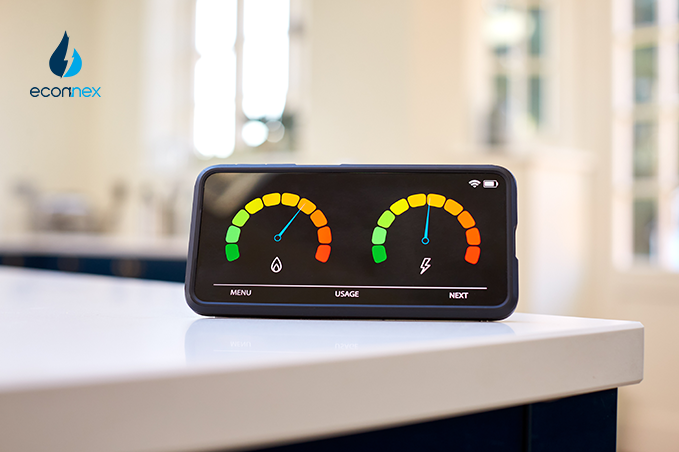Retail price changes spark energy impact! Explore how shifting rates influence your energy costs and learn to adapt smartly.

Published on 12/11/2023
By Unknown
Energy Comparison
Nowadays consumers tend to pay for items that have the best prices in the market. Same goes with paying your energy bills. The difference in local or retail rate can affect your Power or Electricity bills.
Do you wish you could save money on your energy bill? Well, there’s good news.
Key players from the Energy industry announced electricity price relief this early month of June. On the 5th of June Origin Energy announced electricity price relief in Queensland and South Australia, freeze base tariffs in NSW and ACT to take effect from 1st July 2018.
Few days after AGL has matched arch-rival Origin Energy in announcing marginal cuts in electricity prices starting 1 July 2018 of between 0.3% to 1.6% percent across Queensland, South Australia, and New South Wales. The price cuts announced are set against rising network and green costs.
*Price change percentages are a weighted average. Some individual rates may not change.
The price reductions are little compared to the increases of up to 20 %imposed by the major retailers last year and can do little to reduce bill pressure for customers. This tiny reduction will definitely make an impact on both retailers and consumers. There is also a clear opportunity for market differentiation that retailers can take advantage of, and they need to step up and offer bigger savings to households and small businesses.
they can show that they are listening and are prepared to meet and act on the consumer’s demand. Can they give and do more?
Related article: https://www.eia.gov/energyexplained/index.php?page=electricity_factors_affecting_prices
Australian Government intervention to directly affect retail price outcomes is largely confined to the impact of the carbon price as well as other renewable energy and energy efficiency measures. Changes to energy prices from amending these measures (which would require legislative action) should flow through, to some extent, to end users
Australian Government An action can also be directed at gaining intergovernmental cooperation to change regulatory outcomes and influence government-owned energy suppliers. One current policy debate is about the merits of a gas reservation policy to address price issues that are associated with LNG exports on the east coast.
There are a number of intergovernmental processes, particularly through the Council of Australian Governments and the two key regulators—the Australian Energy Market Commission and Australian Energy Regulator—to address some of these issues. However, it remains to be seen whether they will be effective in containing price increases in the medium term. (Source: https://www.aph.gov.au/About_Parliament/Parliamentary_Departments/Parliamentary_Library/pubs/BriefingBook44p/EnergyPrices)
Expect to see the trend continue and accelerate! For more information visit Econnex



